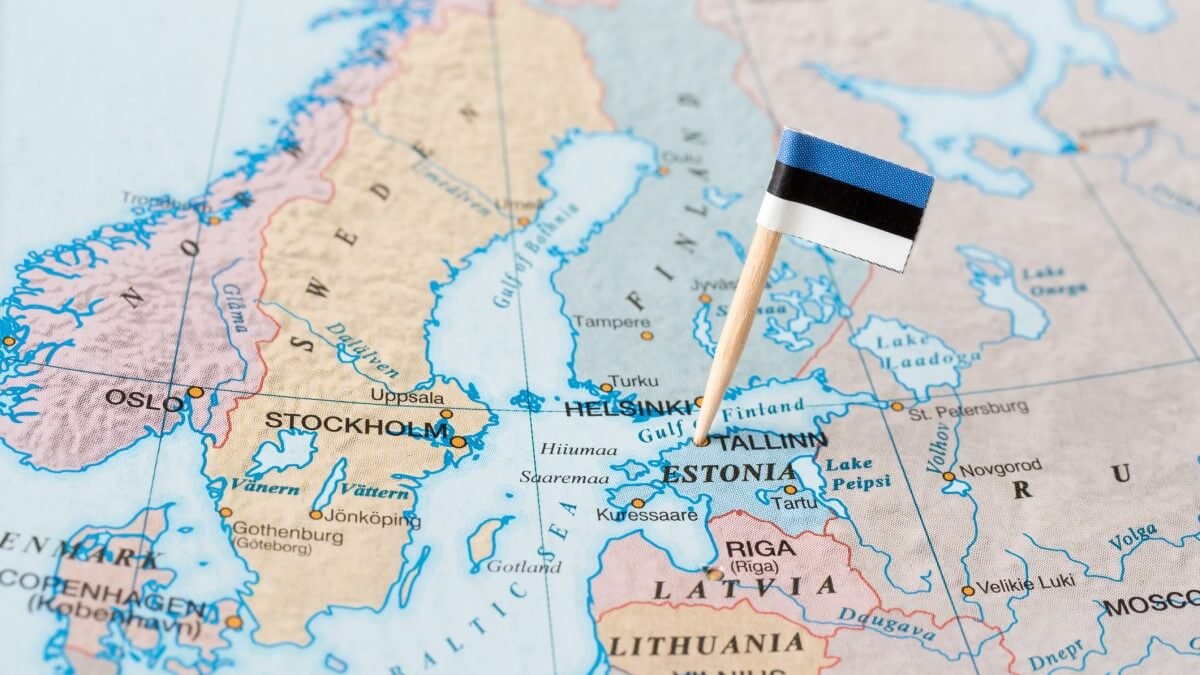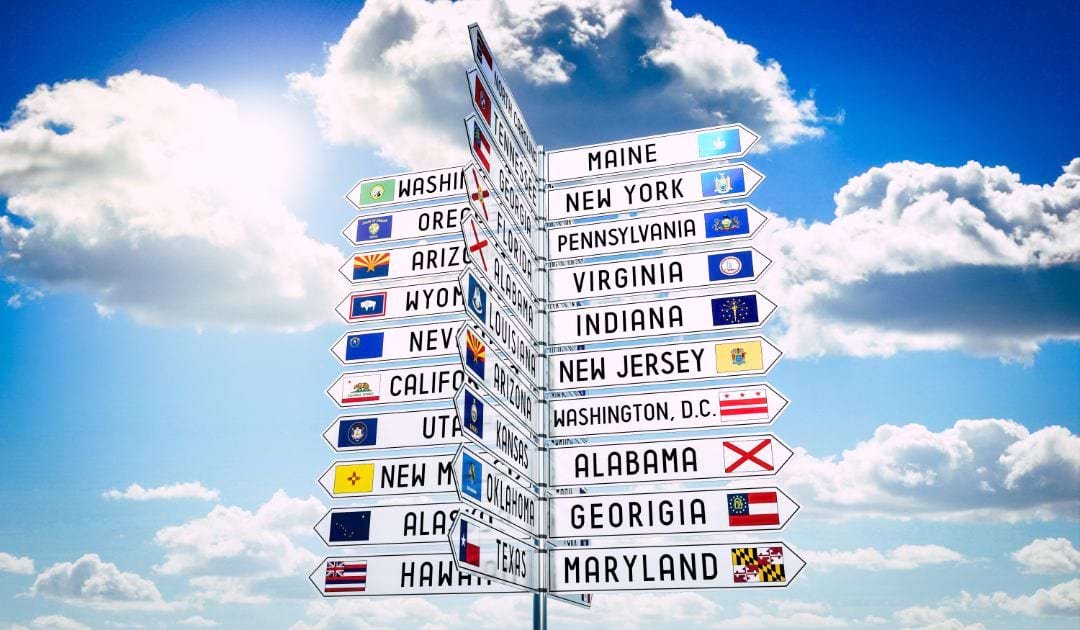

Minister Läänemets: Estonia Alone Cannot Stop Russian Tourists From Visiting
He added that the current Schengen visa rules do not allow for halting the people who have been issued a visa by another Schengen zone country from entering the Baltic States while stressing that the matter should be tackled on the European level,AtoZSerwisPlus.com reports.
On July 15, authorities in Russia lifted all the restrictions imposed to stop the spread of the Coronavirus and its new variants; thus, authorities in Estonia have received a larger number of tourists from Estonia.
On the other hand, due to Russia’s invasion of Ukraine, authorities in Estonia almost stopped the issuance of visas to Russian citizens. Thus they are newly issued only under exceptional cases.
However, other European countries’ governments have not banned visa issuance to Russians; thus, according to the Minister, Estonia alone is ineligible to stop people issued visas by other borderless area countries as well as those issued previously from entering the country.
“We share Schengen space, meaning that people holding other countries’ visas can come to Estonia and often use it as a transit country,” Minister Läänemets has stressed.
He stressed that there is little that the Baltic State can do regarding the issue by itself, stressing that the country’s authorities could consider banning Russian citizens who reach Estonia with another country’s Schengen visa from the possibility of working, stressing that the country could take such kind of measures.
The Minister does not consider it a good option to close Estonia’s borders to its neighbouring country, Russia.
“The problem is that some people, including Estonian citizens, need to be able to cross the border. A certain level of commerce is also still taking place,” he stressed.
The Minister emphasised that the only way to limit Russian tourists from entering Estonia is through EU-wide sanctions.
“Sanctions for Russia should be universal and consistent in Europe. If the Baltics and Poland remain the only ones, the effect [of sanctions} will be much smaller,” Läänemets pointed out, as reported by ERR News.
Due to Russia’s invasion of Ukraine, the European Union imposed restrictive measures as well as sanctions on Russia as a response to the war in Ukraine.
In addition, AtoZSerwisPlus.com recently reported that the Council of the EU introduced restrictive measures on an additional 54 people as well as entities due to the unprovoked Russian military aggression against Ukraine.


















